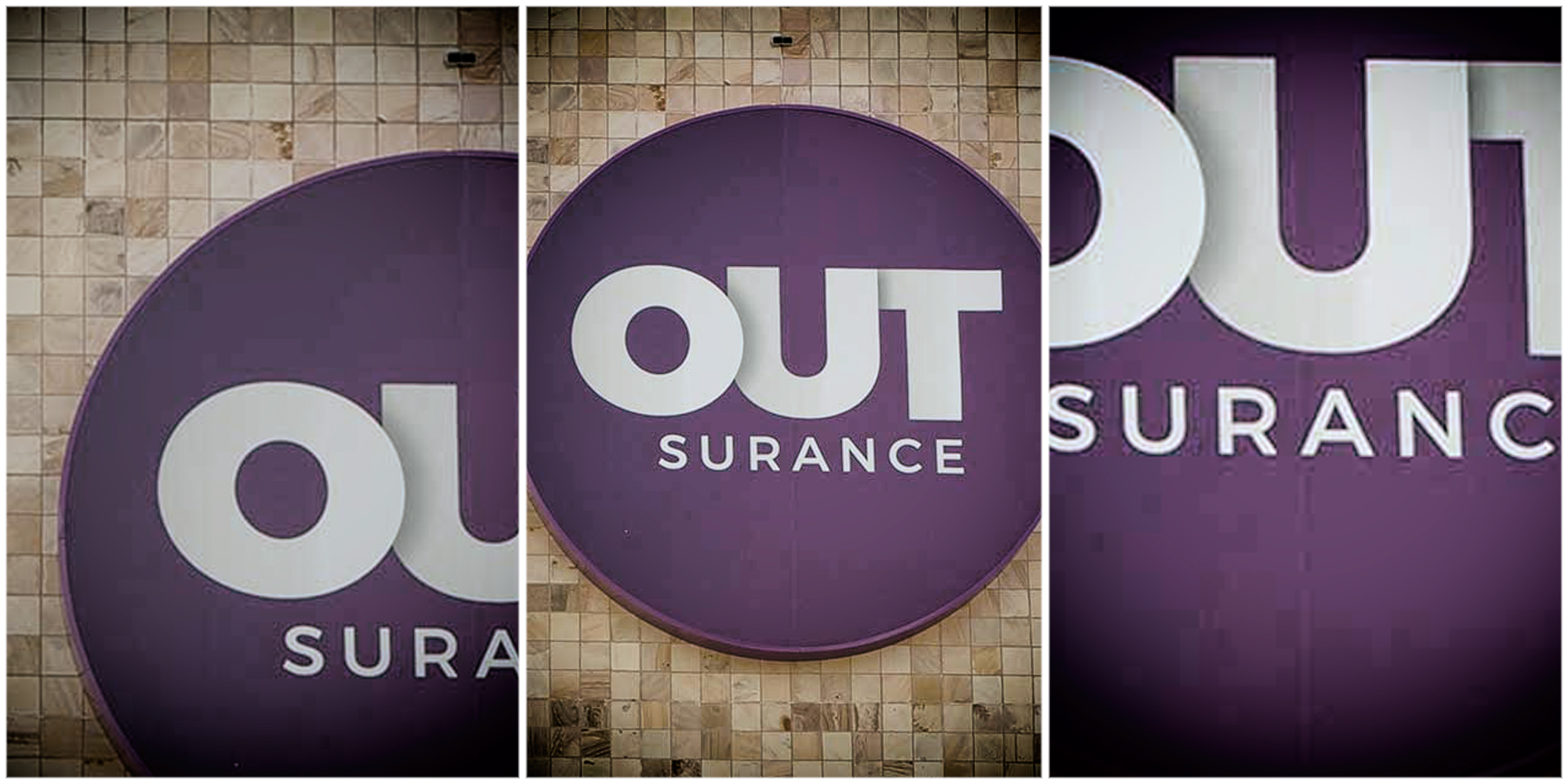Shareholders get something out
It’s remarkable that Outsurance Group almost never gets mentioned as a stock pick in any of the usual places. Perhaps this is because of the history of the listing, as Outsurance is essentially the rump of Rand Merchant Investment Holdings. That’s not as exciting as an IPO.
But there’s no lack of performance. The local operations are doing really nicely, with Outsurance SA growing earnings by between 12% and 22%.
The next-most important business is Youi Group in Australia, which grew earnings by between 8% and 18%. Before you fall off your chair at the news of South Africans doing well in Australia in business rather than sport, remember that Youi Group was built from the ground up by Outsurance. That’s a very different approach from the one usually taken by local corporates, which involves risky transactions to acquire an existing player.
Outsurance is particularly good at building businesses from zero to hero. These become growth engines, like Outsurance Life, which grew by 38% to 58% in this period. In terms of offshore exposure, Ireland is the next important one, with start-up losses of R56-million in this period. Based on Outsurance’s track record, those numbers won’t be in the red for long.
Offshore bloodletting
The retail industry is still incredibly good at destroying shareholder value in faraway places.
Woolworths has been the poster child for how to throw money down the toilet with daft offshore deals. Just when shareholders thought that the Australian headache was behind them with David Jones out of the system, that market has thrown a curveball aimed at Country Road.
Sales are down 8% for the year on a 52-week comparable basis. The bigger worry is gross margin, which fell by 230 basis points to 60.3% – a material move for a retailer. Profits fell 66% and dragged the Woolworths group result down with them. Woolworths Food is doing all the heavy lifting for the group and is doing it well.
At least Woolworths can share the offshore wooden spoon with Spar. The losses in Spar Poland are so immense (R813-million in the past six months) that they are having to put in billions just to get rid of the thing.
Offshore acquisitions are hard. The level of scrutiny of such transactions by independent boards and shareholders should be far higher than has historically been the case, especially as prospects for South Africa have now improved considerably.
Mature approach
The Foschini Group (TFG) also has offshore businesses in Australia and the UK. Thankfully, it hasn’t suffered the disasters that some others have endured. Although sales in both regions fell in the 21 weeks to 24 August, the percentages aren’t different from the usual cyclical moves that we see from clothing and homeware retailers – especially when you include rand volatility.
The more interesting story is about TFG Africa, which saw sales decrease by 1%. Gross margin expanded by 200 basis points, so gross profit came in at record levels. This suggests a prioritisation of margin over market share, considering that the base period included a major inventory clearance process that would have boosted sales and put margins under pressure.
Although there’s some normalisation in these numbers that explains the trend; it’s interesting to see the mature approach of avoiding a battle for market share at any cost. After all, gross profit is what pays for expenses and services debt, not sales. DM
This story first appeared in our weekly Daily Maverick 168 newspaper, which is available countrywide for R35.






